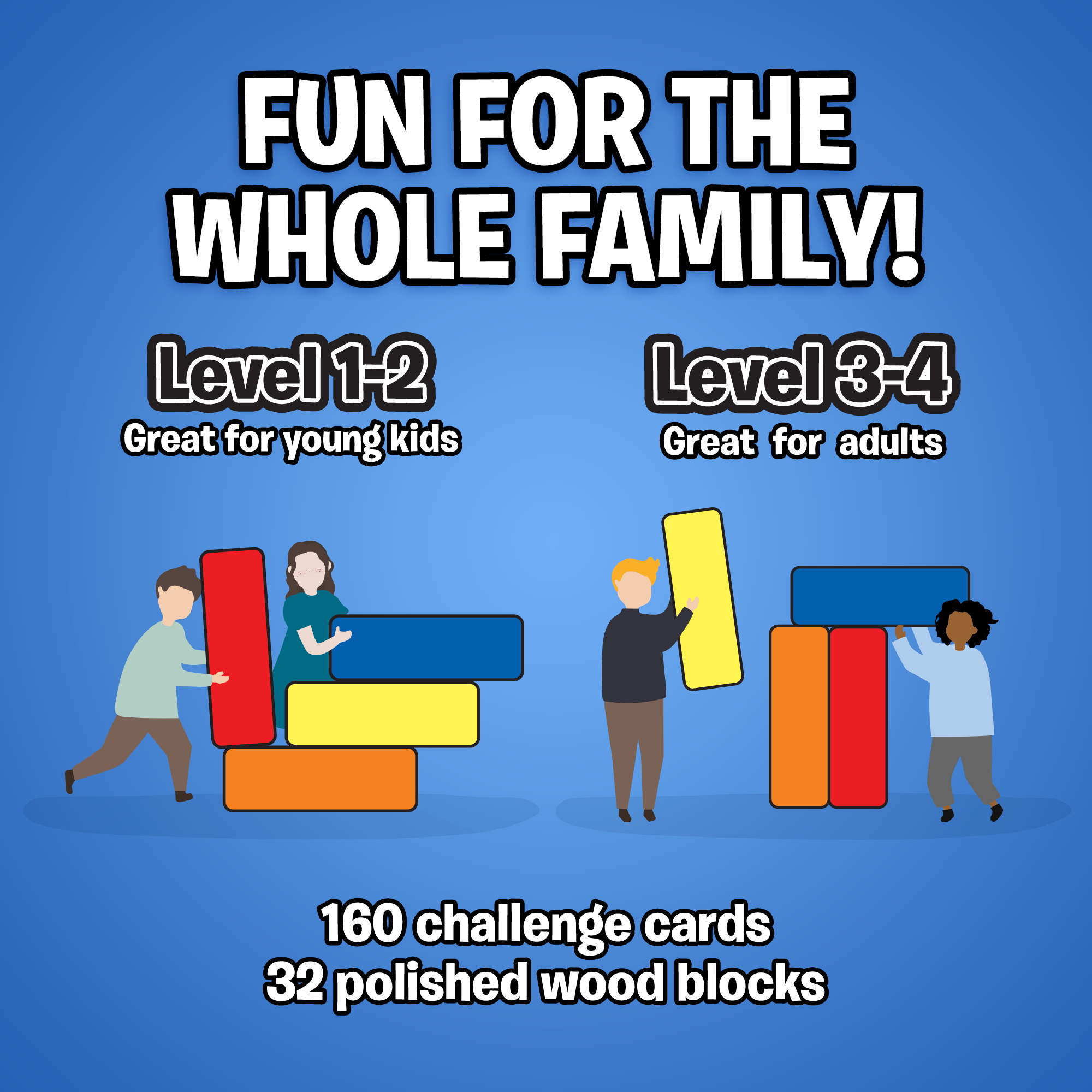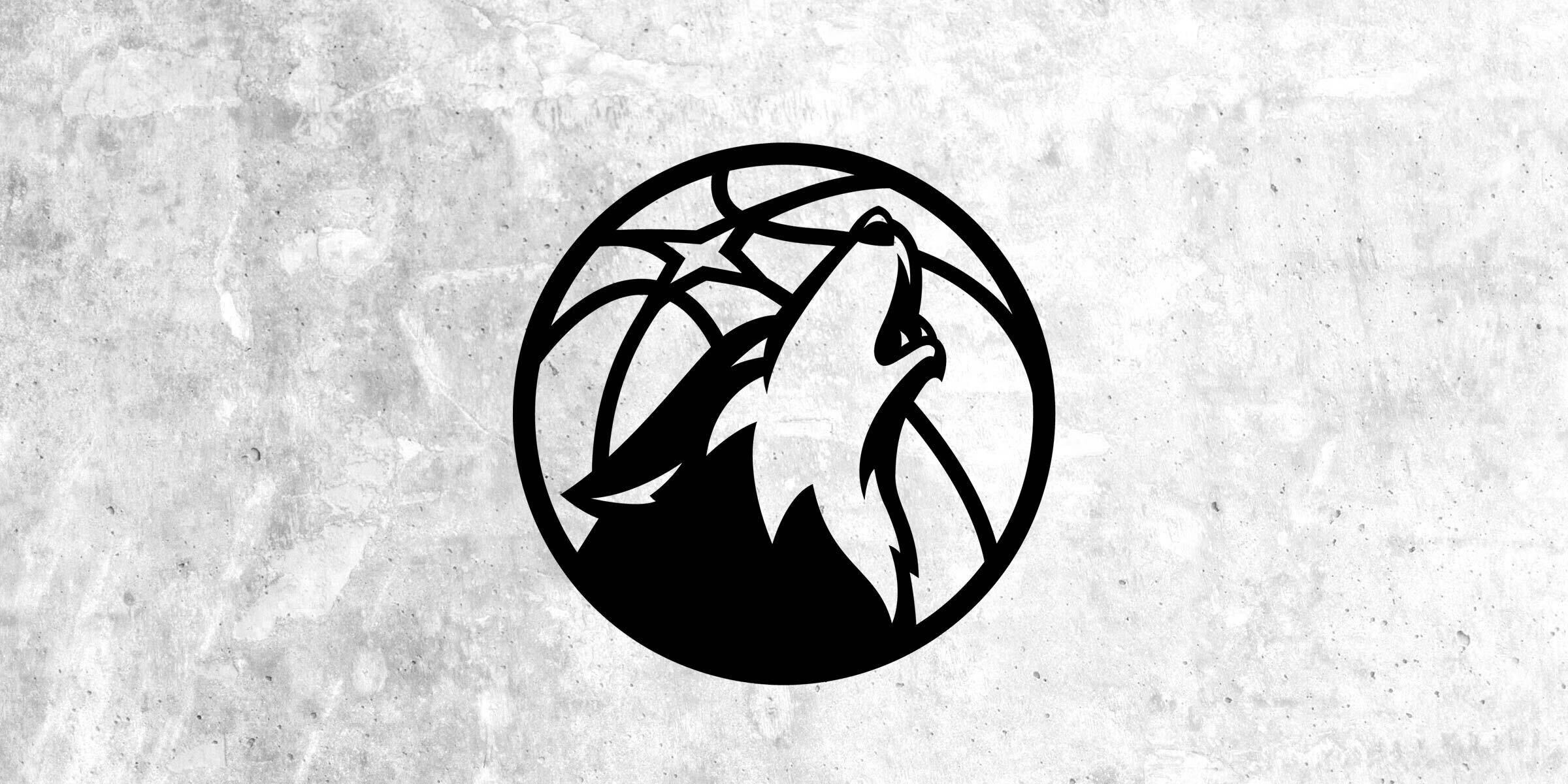Puzzle Tips: The Ultimate Guide To Solving Puzzles Like A Pro
Are you ready to unlock the secrets of puzzle-solving? Whether you're a casual enthusiast or a seasoned puzzler, this comprehensive guide will provide you with expert puzzle tips to enhance your skills and boost your confidence. From crosswords to jigsaw puzzles, we've got you covered with strategies, techniques, and insights to help you conquer any challenge.
Puzzles are more than just a pastime; they are a mental workout that sharpens your cognitive abilities, improves problem-solving skills, and enhances focus. As you dive into the world of puzzles, it's essential to equip yourself with the right tools and knowledge. This article will walk you through the best puzzle tips to help you become a master solver.
Whether you're tackling a Sudoku puzzle, a Rubik's Cube, or a 1000-piece jigsaw, the tips we'll share here will make the process smoother and more enjoyable. Let's get started on your journey to becoming a puzzle-solving expert!
Read also:Miaz With Girthmaster Unveiling The Power Of This Revolutionary Fitness Tandem
Table of Contents
- Biography of Puzzle Masters
- A Brief History of Puzzles
- Types of Puzzles
- Strategies for Solving Puzzles
- Tools and Resources for Puzzle Solvers
- Puzzle Tips for Beginners
- Advanced Puzzle Tips
- Benefits of Solving Puzzles
- Common Challenges and Solutions
- Conclusion
Biography of Puzzle Masters
Who Are the Legends of Puzzle Solving?
Throughout history, there have been individuals who have made significant contributions to the world of puzzles. Their expertise and creativity have inspired countless enthusiasts. Below is a brief overview of some of the most renowned puzzle masters:
| Name | Born | Died | Notable Contributions |
|---|---|---|---|
| Sam Loyd | 1841 | 1911 | Creator of the famous "15 Puzzle" and numerous other logic puzzles |
| Ernő Rubik | 1944 | - | Inventor of the Rubik's Cube |
| Will Shortz | 1952 | - | Editor of The New York Times Crossword Puzzle |
A Brief History of Puzzles
Puzzles have been a part of human culture for centuries. From ancient riddles to modern-day Sudoku, the evolution of puzzles reflects the ingenuity and creativity of humanity. The first recorded puzzle dates back to 2500 BCE in ancient Egypt, where a stone carving depicted a dissection puzzle. Over time, puzzles have evolved into various forms, captivating people of all ages and backgrounds.
Types of Puzzles
Classifying Puzzles
Puzzles come in many shapes and sizes, each offering a unique challenge. Below are some of the most popular types of puzzles:
- Jigsaw Puzzles: Pieces that fit together to form a complete picture.
- Crossword Puzzles: Word-based puzzles that require filling in a grid with clues.
- Sudoku: Number-based puzzles that involve arranging digits in a specific pattern.
- Rubik's Cube: A 3D puzzle that requires aligning colors on all sides.
- Logic Puzzles: Brain teasers that require reasoning and deduction.
Strategies for Solving Puzzles
Effective puzzle-solving requires a strategic approach. Here are some key strategies to keep in mind:
Start with the Basics
Begin by understanding the rules and objectives of the puzzle. For jigsaw puzzles, sorting pieces by color or shape can be a helpful first step. In crosswords, focus on shorter clues to build momentum.
Break It Down
Divide the puzzle into smaller sections to make it more manageable. This technique is particularly useful for complex puzzles like Sudoku or Rubik's Cube.
Read also:Remote Iot Platform Ssh Raspberry Pi The Ultimate Guide To Secure And Efficient Remote Access
Stay Persistent
Puzzle-solving often requires patience and persistence. Don't be discouraged if progress seems slow at first. Keep trying, and the solution will eventually reveal itself.
Tools and Resources for Puzzle Solvers
Having the right tools can make a significant difference in your puzzle-solving experience. Here are some resources to consider:
Online Puzzle Platforms
Websites like The New York Times Crossword and Puzzle Baron offer a wide range of puzzles for all skill levels.
Puzzle Apps
Mobile apps like Lumosity and Chess.com provide interactive puzzles and games to sharpen your mind.
Puzzle Tips for Beginners
Start Small
If you're new to puzzles, begin with simpler challenges before moving on to more complex ones. This will help build your confidence and improve your skills over time.
Set Realistic Goals
Don't expect to solve a difficult puzzle on your first attempt. Set achievable goals and celebrate your progress along the way.
Seek Help When Needed
There's no shame in asking for help or consulting online resources when you're stuck. Sometimes, a fresh perspective can make all the difference.
Advanced Puzzle Tips
Think Outside the Box
Advanced puzzle solvers often rely on creative thinking to overcome challenges. Look for unconventional solutions and don't be afraid to experiment.
Practice Regularly
Like any skill, puzzle-solving improves with practice. Dedicate time each day to work on puzzles and watch your abilities grow.
Join a Community
Connecting with other puzzle enthusiasts can provide valuable insights and motivation. Join online forums or local groups to share tips and tricks.
Benefits of Solving Puzzles
Solving puzzles offers numerous benefits beyond entertainment. Here are some of the key advantages:
- Improves cognitive function and memory.
- Enhances problem-solving skills and critical thinking.
- Reduces stress and promotes relaxation.
- Boosts confidence and self-esteem.
Common Challenges and Solutions
Every puzzle solver encounters challenges at some point. Here are some common issues and how to overcome them:
Getting Stuck
If you find yourself stuck on a particular puzzle, take a break and come back later with fresh eyes. Sometimes, stepping away can help you see the solution more clearly.
Running Out of Time
Set a timer to challenge yourself without feeling overwhelmed. This approach can help you stay focused and motivated.
Feeling Frustrated
Remember that frustration is a natural part of the puzzle-solving process. Take deep breaths, refocus, and remind yourself of the progress you've made so far.
Conclusion
In conclusion, mastering the art of puzzle-solving requires a combination of strategy, persistence, and practice. By following the puzzle tips outlined in this guide, you'll be well on your way to becoming a skilled puzzle solver. Whether you're tackling crosswords, jigsaw puzzles, or Rubik's Cubes, the key is to enjoy the process and celebrate your achievements.
We invite you to share your thoughts and experiences in the comments below. Have you tried any of these puzzle tips? What challenges have you faced, and how did you overcome them? Don't forget to explore our other articles for more insightful content. Happy puzzling!

